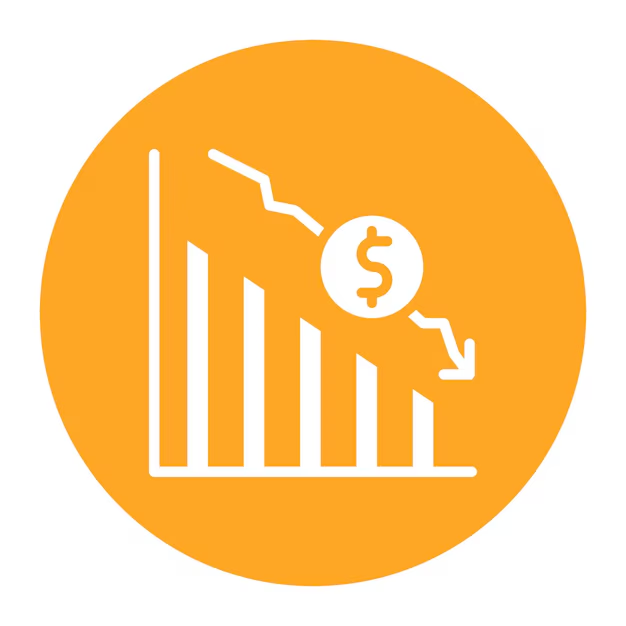- US Senate Democrats have highlighted several important principles for market structure legislation.
- The lawmakers propose a framework that would protect customers, provide regulatory clarity, and prevent abuses in the digital asset market.
In a major move to secure the future of America’s digital asset ecosystem, Democratic Senators have proposed a framework for digital asset market structure. The principles highlighted in the market structure proposition seek to establish clear guidelines for consumer protection, create clear rules for digital asset regulation, and clamp down on illicit activities in the sector.
12 Democrats Outline Key Considerations For Market Structure Legislation
A group of 12 lawmakers, including Sen. Kristen Gillibrand, Sen. Mark Warner, and Sen. Adam Schiff, has contributed to the digital asset market structure discourse with guidelines that they deem pivotal to Congress’s ongoing efforts in filling the regulatory gaps in the industry.
“It is time to strengthen digital asset markets for investors and businesses through clear, consistent, and fair rules of the road. Legislation is the best way to protect consumers and investors while providing digital asset firms a pathway to grow,” said the document.
First, they highlighted the absence of a regulatory body responsible for policing spot markets for commodities or digital assets that do not fall under the “securities” category. Based on their findings, the CFTC (Commodity Futures Trading Commission) is authorized to regulate commodity derivatives markets, but lacks proper resourcing to oversee the spot commodity market.
Accordingly, and to cover the colossal lack of proper regulation, the Democrats propose legislation to accord the CFTC “exclusive jurisdiction over markets for digital assets that are not securities.” In addition, they request necessary registration, regulation, and enforcement provisions for the CFTC to enable it to effectively exercise oversight on the digital commodity market.
Again, the lawmakers flagged the lack of clarity around the legal status of digital assets as a main factor militating against the innovation of digital asset markets. Instead of clear disclosures by the SEC (Securities and Exchange Commission) and other agencies, market participants have been subjected to regulation by enforcement, stifling the industry’s growth.
To end the regulatory uncertainty that empowers illicit actors and identify securities without a doubt, the guideline calls for legislation to require regulators to provide guidance on how conventional securities laws provisions apply to digital asset transactions. Also, digital asset market policy should include a process through which participants can identify whether or not a proposed or existing asset is a security.
Furthermore, the lawmakers want Congress to tackle the issue of illicit finance in the digital asset market by codifying the registration of digital asset platforms as “financial institutions” under the Bank Secrecy Act (BSA). As a result, digital asset platforms will comply with Anti-Money Laundering/Combating the Financing of Terrorism (AML/CFT) guidelines, including abiding by BSA and FinCEN (Financial Crimes Enforcement Network) reporting requirements.
Block Trump, Elected Officials From Digital Asset Dealings
As expected from the opposition, the leftwing lawmakers also took a swipe at President Trump and his digital asset affiliations, while criticising the financial corruption and abuse engineered by elected officials in the digital asset space.
“President Trump has turned to digital asset projects to enrich himself and his family, abusing his office for corruption with no modern precedent. His actions have also undermined confidence in the broader digital asset industry,” said the document.
In response to elected officials meddling in digital asset markets, the Democrats push for market structure law to include disclosure requirements and also prevent officials and their families from “issuing, endorsing, or profiting from digital assets while in office.”
The Senators made seven propositions in total, including the incorporation of new digital asset platforms into the regulatory framework. Republican and pro-crypto Senator Cynthia Lunmis has described the framework as a “strong start,” while declaring her willingness to work together with the Democrats to “secure America’s financial future.”
What’s your Reaction?
+1
1
+1
0

+1
0

+1
0

+1
0

+1
0

+1
0





